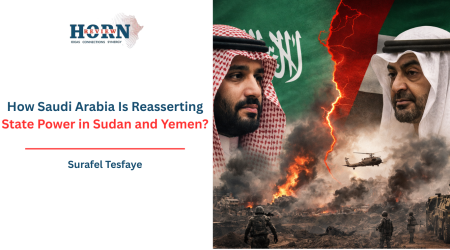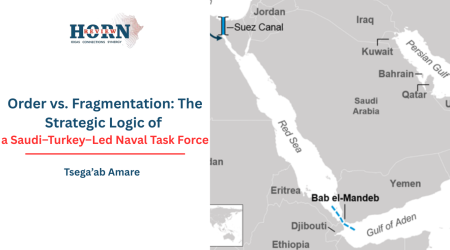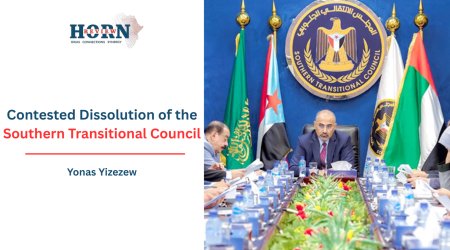
22
Apr
Reshaping Global Order: The CRINK Alliance and the Push for Multipolarity
The global geopolitical landscape of the 21st century is increasingly defined by the emergence of alliances that challenge the established dominance of the United States. Among the most notable of these coalitions is CRINK—an acronym for China, Russia, Iran, and North Korea. While not a formal alliance, the coalition’s growing military, economic, and diplomatic cooperation represents a formidable challenge to U.S. global influence. The term CRINK, coined by Peter Van Praagh at the 2023 Halifax International Security Forum, encapsulates the escalating efforts of these nations to counterbalance U.S. power and reshape the global order.
A central element of CRINK’s challenge is its military support for Russia’s ongoing war in Ukraine. Since Russia’s invasion in February 2022, the United States has spearheaded international efforts to support Ukraine through sanctions and military aid. However, CRINK countries have actively undermined these initiatives by providing critical resources to Russia. North Korea, for instance, has supplied Russia with artillery shells, ballistic missiles, and even troops for training. Iran has contributed thousands of drones and short-range ballistic missiles, establishing a drone manufacturing facility within Russia to enhance its war capabilities. Although China has officially denied direct military involvement, it has been accused of supplying dual-use goods, such as microelectronics, vital for the production of advanced weaponry. Together, these efforts have bolstered Russia’s military capacity, complicating the United States’ strategic objectives in Europe.
This military cooperation between CRINK members not only strengthens Russia’s ability to sustain its aggression but also raises the stakes for U.S. and allied efforts to secure Ukraine’s sovereignty. With CRINK’s support, Russia becomes a far more resilient adversary, making it increasingly difficult for Western powers to influence the conflict’s outcome.
Beyond military support, CRINK’s strategic influence extends into economic and financial realms. The coalition has developed sophisticated methods to circumvent U.S. sanctions, reducing reliance on Western financial systems. China plays a pivotal role in sustaining economic ties with Russia, even amidst Western sanctions, ensuring that Russia remains economically viable. Meanwhile, Iran and Russia have bypassed SWIFT restrictions by engaging in direct interbank transfers in rubles and rials, further insulating their economies from global pressure. These actions demonstrate CRINK’s collective effort to establish an alternative economic order, one that diminishes U.S. influence and promotes financial independence from the West.
Diplomatically, CRINK has coordinated its positions across international forums, including the United Nations, to counter U.S.-led initiatives. By aligning their interests, these nations have opposed efforts to isolate Russia and have collectively advocated for a multipolar world order that dilutes Western hegemony. This diplomatic cohesion is exemplified by their efforts to expand the influence of organizations such as BRICS and the Shanghai Cooperation Organization, through which they seek to legitimize Iran’s role on the global stage. Their actions extend beyond diplomatic rhetoric, as evidenced by Iran’s military collaboration with the Collective Security Treaty Organization (CSTO), Russia’s defense of Hezbollah, and China’s criticism of NATO’s involvement in Ukraine. These coordinated efforts represent a direct challenge to the U.S.-led international order that has dominated the global stage for decades.
Despite these growing alliances, internal tensions within CRINK remain a concern. Historical distrust, particularly China’s reservations about North Korea’s aggressive behavior and past disputes between China and Russia, could undermine the unity of the coalition. Furthermore, the rising tides of populism and political polarization within Western democracies may create further divisions, potentially destabilizing the alliance in the future.
Another critical dimension of CRINK’s challenge lies in the issue of nuclear proliferation. North Korea’s nuclear ambitions, long a source of international concern, are now compounded by its deepening ties with Russia and China. Reports suggest that Russia may be assisting North Korea with its nuclear and space programs, which would violate United Nations sanctions. Similarly, Iran’s nuclear ambitions, backed by China and Russia, have further strained U.S. non-proliferation efforts. The backing of Iran’s demands to lift U.S. sanctions by China and Russia not only bolsters Tehran’s nuclear pursuits but also poses a direct challenge to decades of American policy designed to limit the spread of nuclear weapons.
The potential for nuclear technology sharing among CRINK members represents a significant threat to the global non-proliferation regime. If these nations exchange expertise and resources, it would likely destabilize the international security environment, compounding the risks associated with an already volatile geopolitical landscape.
The military and economic interdependence among CRINK nations further complicates the United States’ ability to exert influence. The enhanced military capabilities of Russia, coupled with support from CRINK members, undermine efforts to maintain a credible deterrence posture in regions of strategic importance, such as the Indo-Pacific and the Middle East. The ability of these nations to evade sanctions diminishes the effectiveness of U.S. economic statecraft, eroding the pressure traditionally exerted by Washington through financial sanctions and trade restrictions.
Moreover, CRINK’s growing alignment on critical international issues poses a direct challenge to U.S. alliances, particularly in regions like South Korea and Taiwan, where American security commitments have traditionally been anchored in the demonstration of U.S. military resolve. As the geopolitical environment becomes increasingly complex, the U.S. must contend with a rapidly shifting global power structure—one where CRINK’s collective resistance to Western norms is reshaping the rules of international engagement.
The rise of the CRINK coalition serves as a stark reminder of the evolving nature of global power dynamics in the 21st century. With military cooperation reinforcing Russian aggression, economic strategies undermining U.S. sanctions, and diplomatic efforts to challenge Western dominance, CRINK has emerged as a direct challenge to American foreign policy. The coalition’s ability to circumvent U.S. influence and create an alternative global order underscores the need for the United States to reassess its strategic approach. As the world transitions towards a more multipolar order, the lessons of history emphasize the importance of adaptability, foresight, and nuanced diplomacy in navigating this complex and shifting geopolitical landscape.
By Surafel Tesfaye, Researcher, Horn Review










